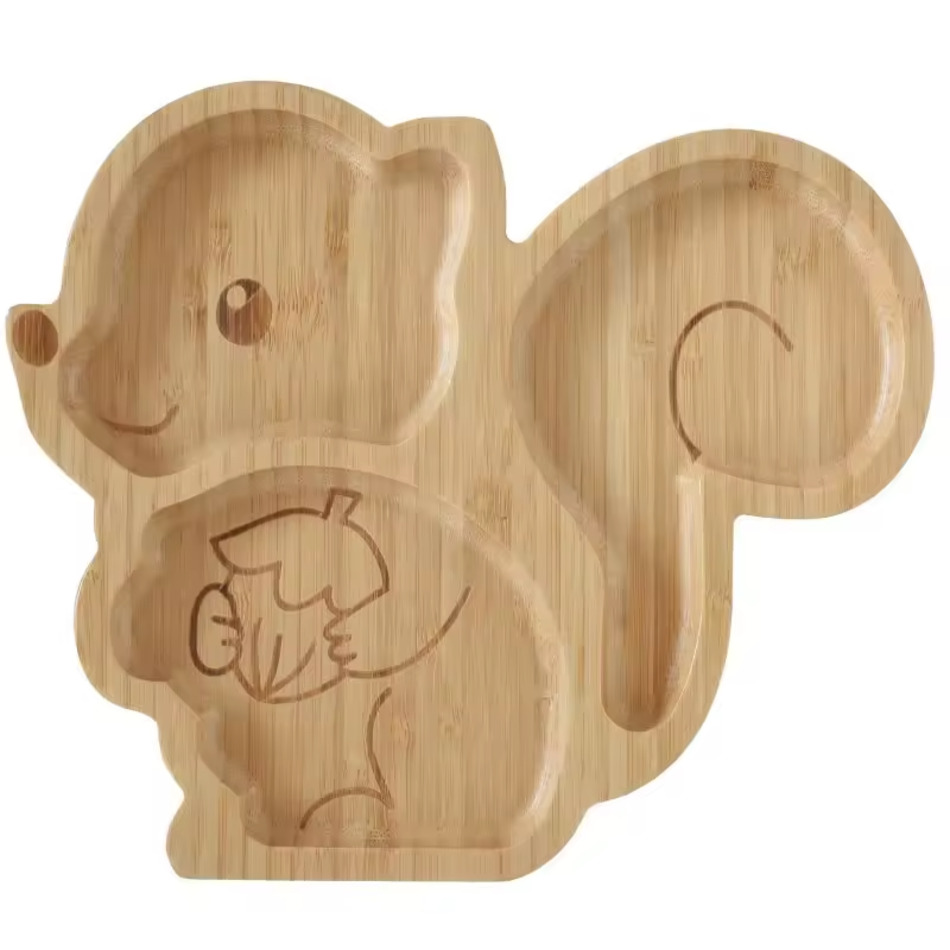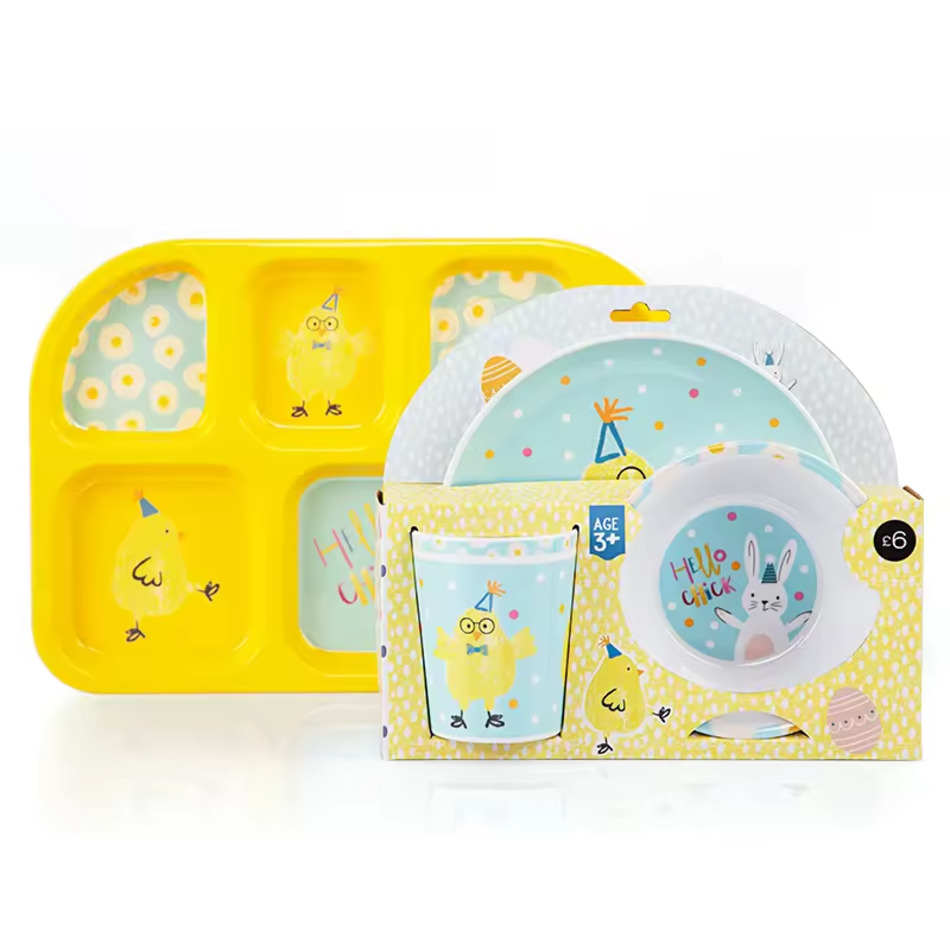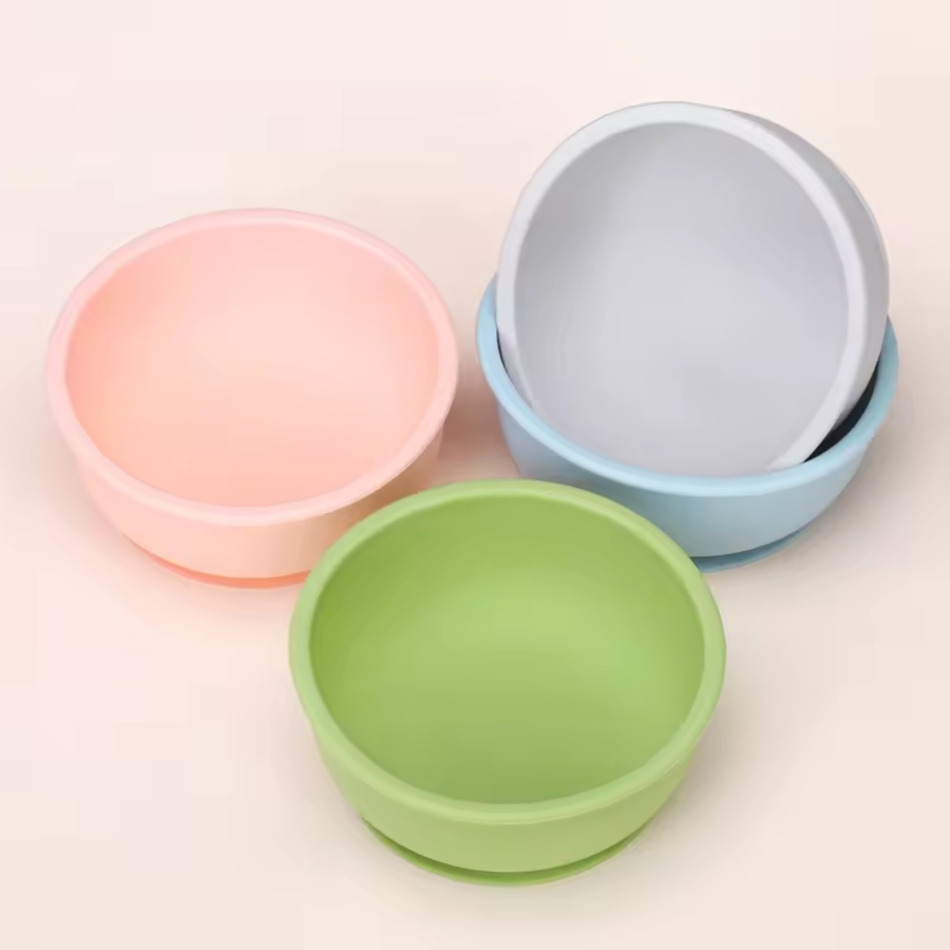As environmentally friendly consumption trends gain traction globally, bamboo fiber tableware, thanks to its naturally biodegradable, lightweight, and shatter-resistant properties, is rapidly gaining popularity in overseas markets. Recent industry research indicates that my country’s overseas bamboo fiber tableware market will reach US$980 million in 2024, an 18.5% year-on-year increase. It is projected to exceed US$1.2 billion in 2025, maintaining an annual growth rate of over 18%, making it a new growth point for my country’s tableware exports.
International e-commerce platforms have become a key player in overseas sales channels. Amazon, Etsy, and eBay account for over 70% of overseas online sales, with Amazon, leveraging its global reach, holding a 45% market share. On Amazon, bamboo fiber tableware primarily falls into the “family sets” and “children’s sets” categories, with average order values ranging from US$25 to US$50. North American and European consumers have the strongest purchasing power, accounting for 52% and 33% of the total, respectively. Etsy, on the other hand, focuses on custom-made bamboo fiber tableware, featuring designs incorporating local cultural elements, commanding higher premiums, with some items priced over US$100. In offline channels, Carrefour and Walmart’s overseas stores in Europe, as well as high-end home furnishings brand IKEA, have all introduced bamboo fiber tableware, primarily with dedicated sections dedicated to eco-friendly daily necessities, to attract mid- to high-end customers focused on sustainable consumption.
Evolving overseas consumer demand is providing strong impetus for market growth. A survey shows that 72% of overseas consumers choose bamboo fiber tableware for its environmental and sustainability benefits, while 65% of parents favor its drop-resistant and safety properties. Demand is particularly strong among families in Europe and the United States. However, overseas market expansion still faces challenges: the EU REACH regulation imposes stringent requirements on heavy metal and chemical residues in tableware, and some small and medium-sized manufacturers face export barriers due to substandard testing. Furthermore, overseas consumers are more specialized in understanding “degradable” standards, and some products’ lack of EU industrial compostability certification (EN 13432) has limited their marketing effectiveness. To overcome bottlenecks in overseas markets, domestic companies are accelerating their adaptation to international standards. 30% of exporting companies have already achieved EU ECOCERT and US USDA organic certification. Furthermore, companies are collaborating with overseas designers to develop regionally tailored products, such as models with scald-resistant rattan handles for the Southeast Asian market and minimalist, solid-color series for the Nordic market. Industry insiders point out that with tightening overseas environmental regulations (such as the EU plastics ban) and increased product compliance, bamboo fiber tableware will further replace traditional plastic tableware. Its penetration in the overseas catering, outdoor camping, and gift markets is expected to continue to rise over the next three years, creating significant export potential.
Post time: Oct-21-2025













